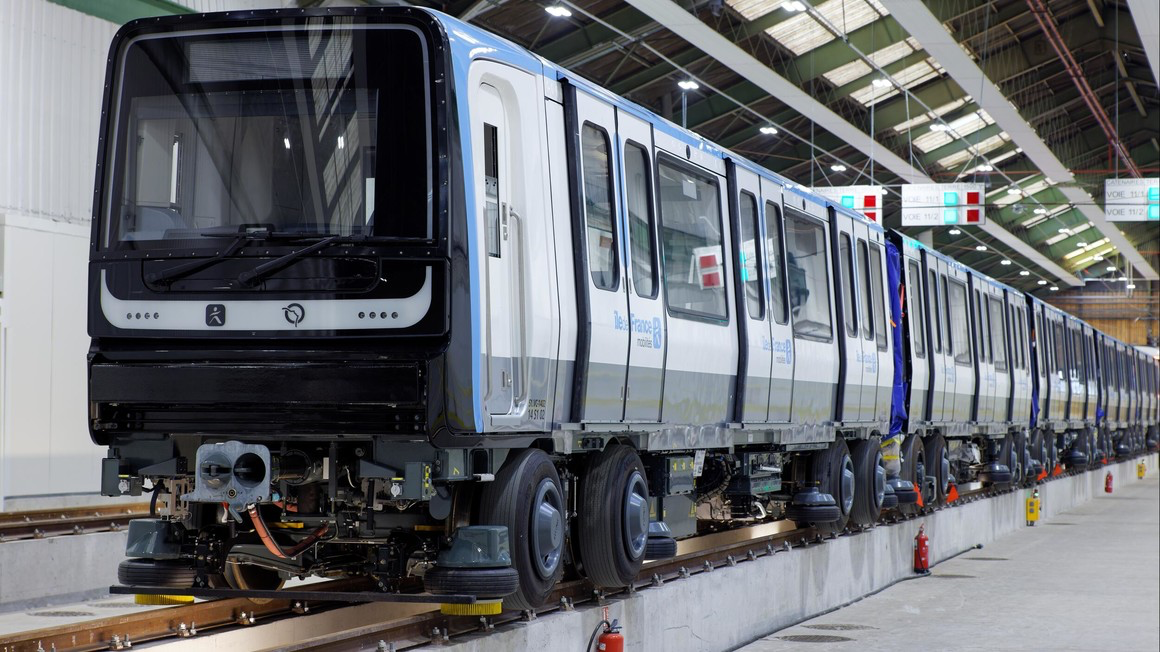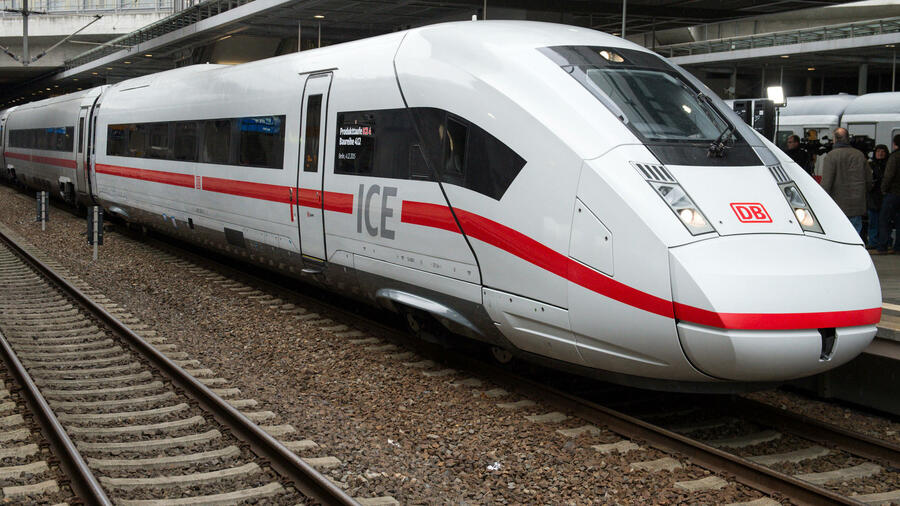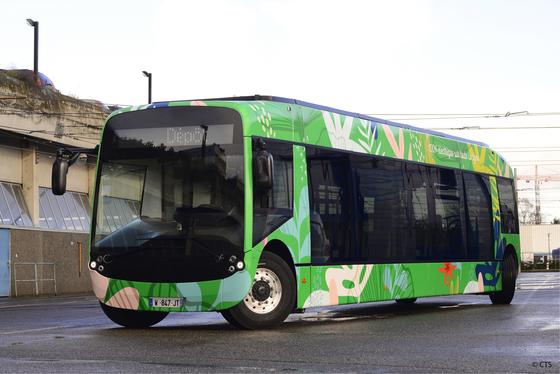Alstom (OTC: ALSMY) will supply 19 five-car MP14 metros with driver’s cab for line 11 of the Île-de-France Mobilités network operated by RATP, for a total value of 132 million euro. This order, which is 100% funded by Île-de-France Mobilités, falls within the framework of the MP14 contract signed in March 2015 between RATP (mandated by Île-de-France Mobilités) and Alstom for the delivery of a maximum of 217 MP14 trains over 15 years, for a total amount of more than 2 billion euro. This contract is part of the Île-de-France Mobilités strategy for the modernisation of all rolling stock on the Île-de-France Mobilités network.
An initial tranche of the MP14 contract included 35 automated metros for line 14, consisting of eight cars each. A first conditional tranche for 20 additional automated metros, consisting of six cars each, was exercised in January 2017 for line 4. A second option of 20 additional five-car trains (with driver’s cabs) was exercised in February 2018 for line 11.
A state-of-the-art metro, MP14 offers an unprecedented level of comfort and safety thanks to its interior layout and seats with a design based on the theme of the alcove, creating both hospitality and privacy. Vast reception areas offer accessibility to all passengers, with dedicated areas and boomerang-shaped seats to improve the passenger flow and the capacity of the trains. MP14 also has LED lighting efficiently distributed throughout the entire metro to provide a sense of security while eliminating darkly shadowed areas. The supports and steadying points are compliant with safety standards and further increase comfort inside the train. Warm and cool ventilation helps to provide temperature balance, whatever the season. MP14 also provides comprehensive video protection and dynamic passenger information on board.
A special feature of the MP14 metros for line 11 is that the design of the driver’s cab incorporates feedback from previous generations of cabs. Their design features the latest developments in ergonomics and has been validated by RATP drivers and occupational physicians.
MP14 is designed to improve passenger comfort and experience as well as reconcile performance, energy savings and ease of maintenance to keep costs under control throughout its life cycle.
MP14’s 100% electrical braking system recuperates energy and re-injects it into the network as electricity, while limiting the emission of fine particles caused by the mechanical brakes. The system reduces the energy consumption of the metros, as well as air pollution, by up to 20%. MP14 is also 40% quieter than the metros currently in service on line 11, with a 95% recyclability rate.
About 20 automated metros for line 14, consisting of eight cars each, will be delivered by the end of 2021. The first six-car automated metros for line 4 are currently being tested. Production of the first five-car metros for line 11 began in the last quarter of 2020 and the first metro will begin validation tests on RATP tracks this summer.
Eight of Alstom’s sixteen sites in France are involved in this project:
- Valenciennes, for the studies, integration, validation, and testing;
- Le Creusot, for the bogies;
- Ornans, for the engines;
- Villeurbanne, for the on-board computerised systems;
- Tarbes, for the traction;
- Aix-en-Provence, for the safety IT;
- Reichshoffen, for the collision studies, and
- Saint-Ouen, for the design.










